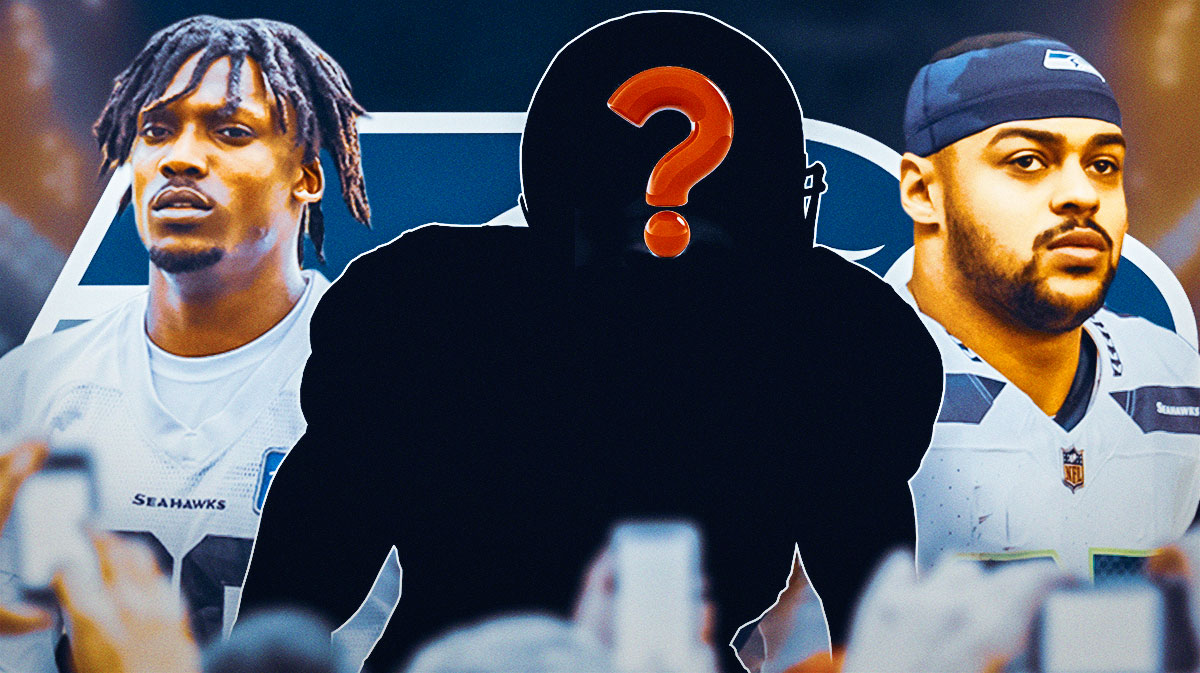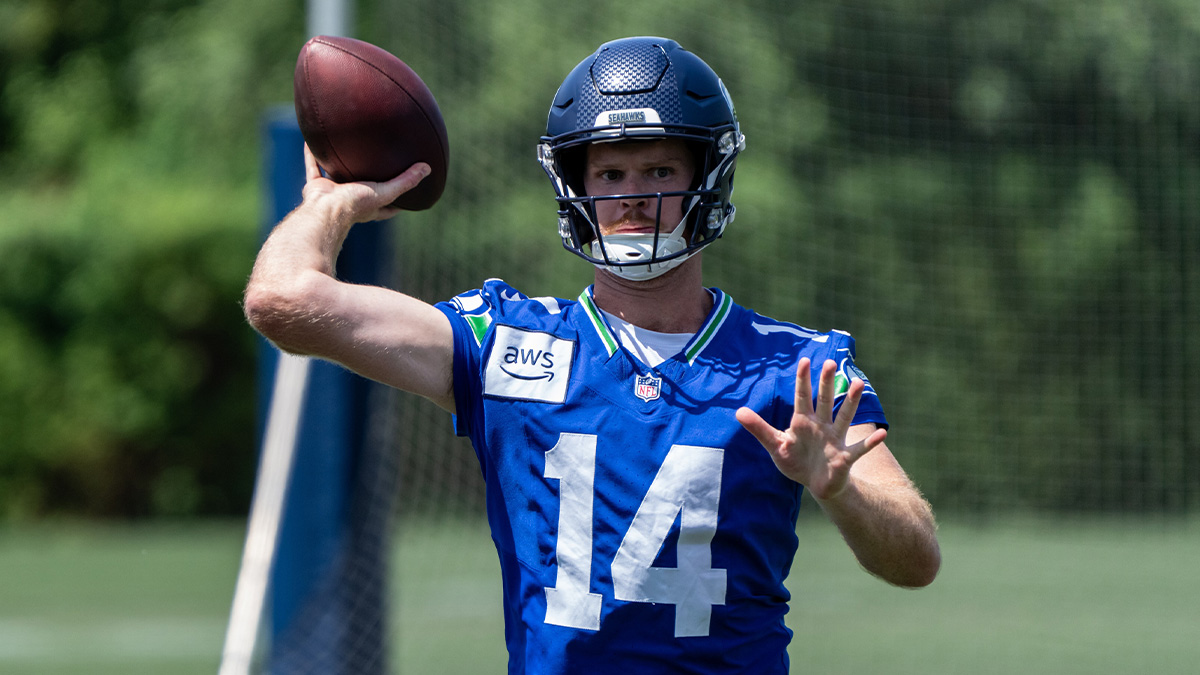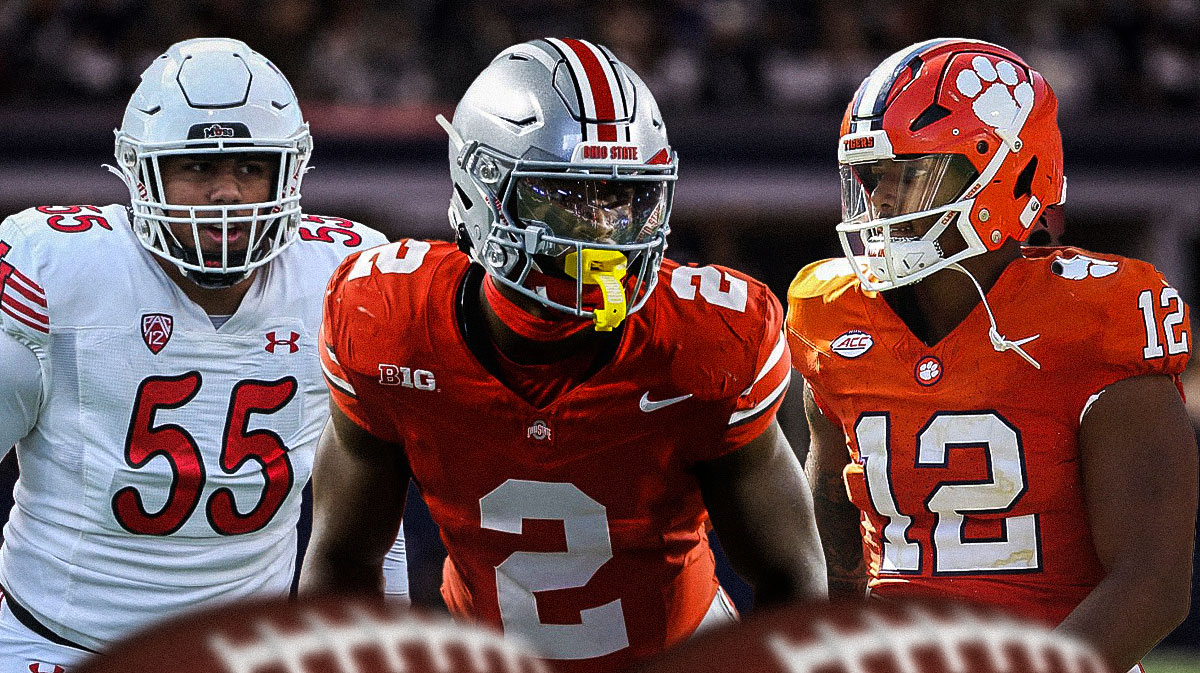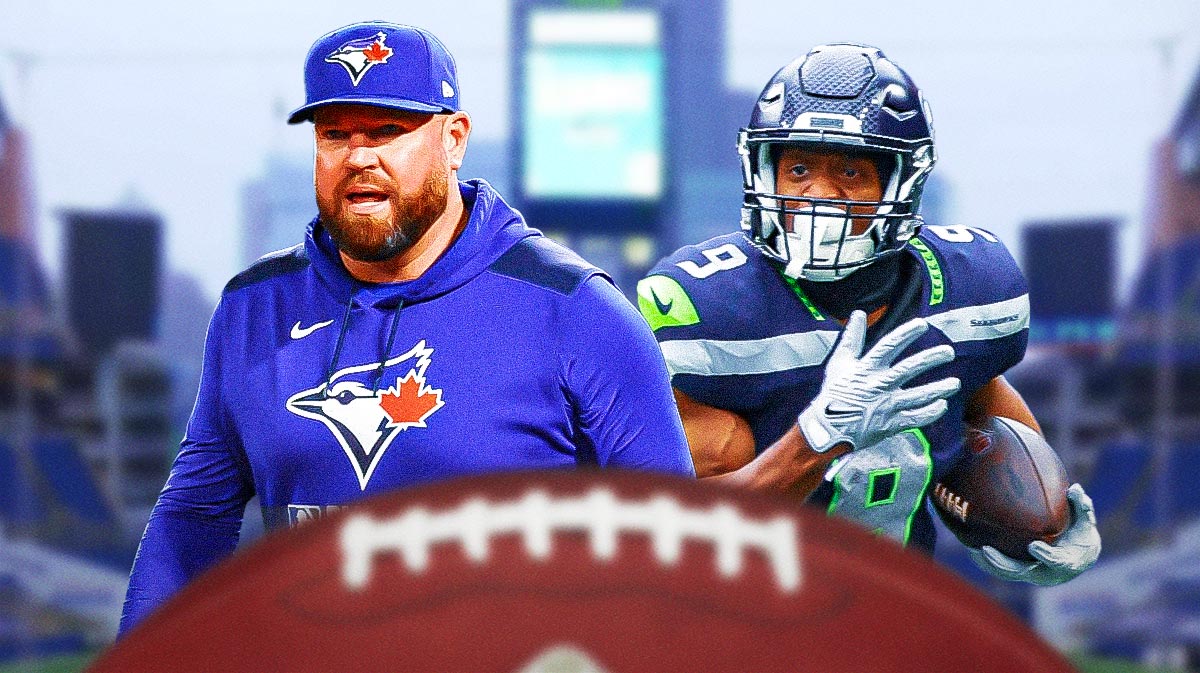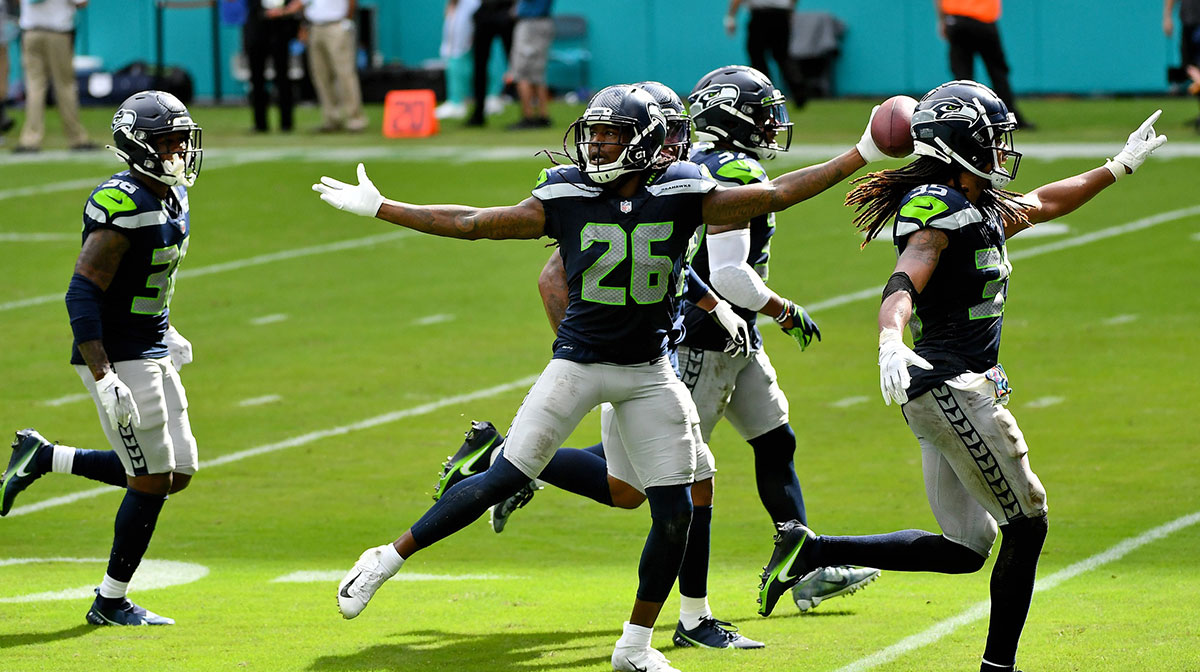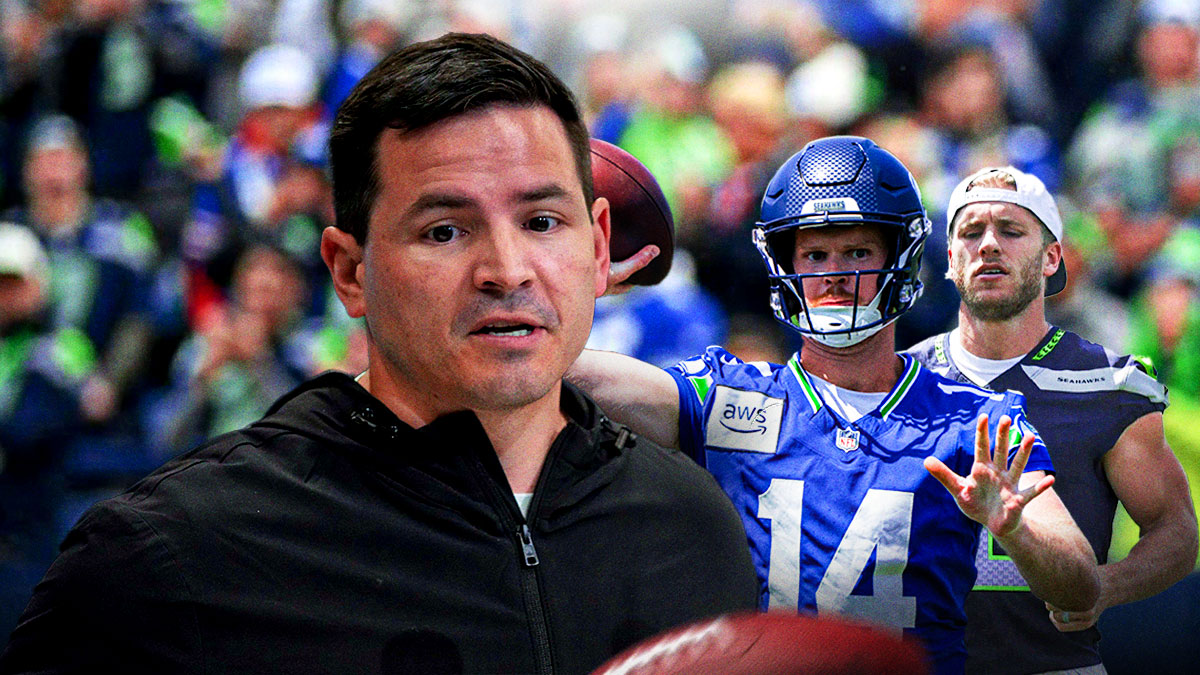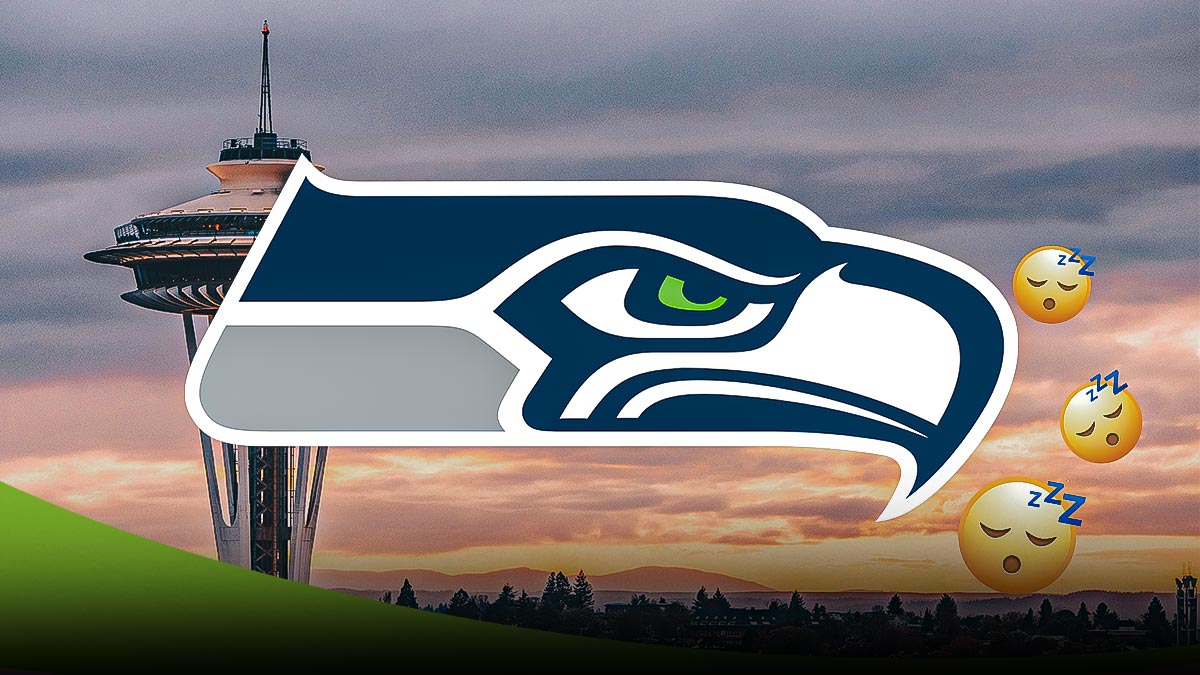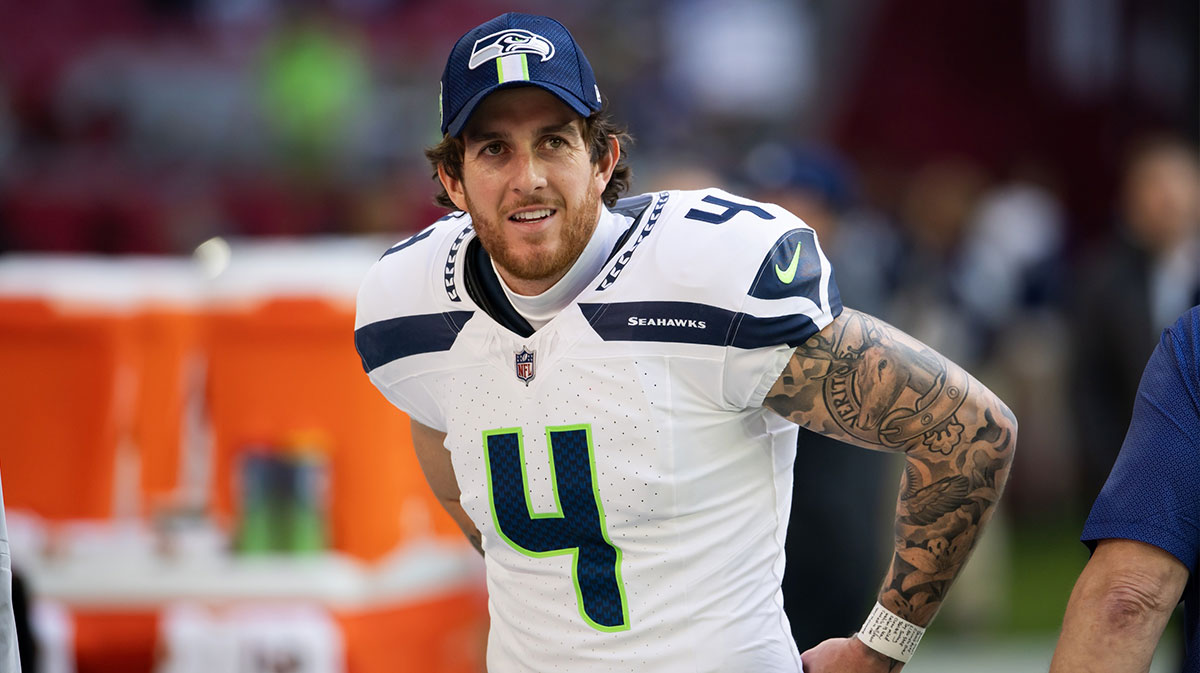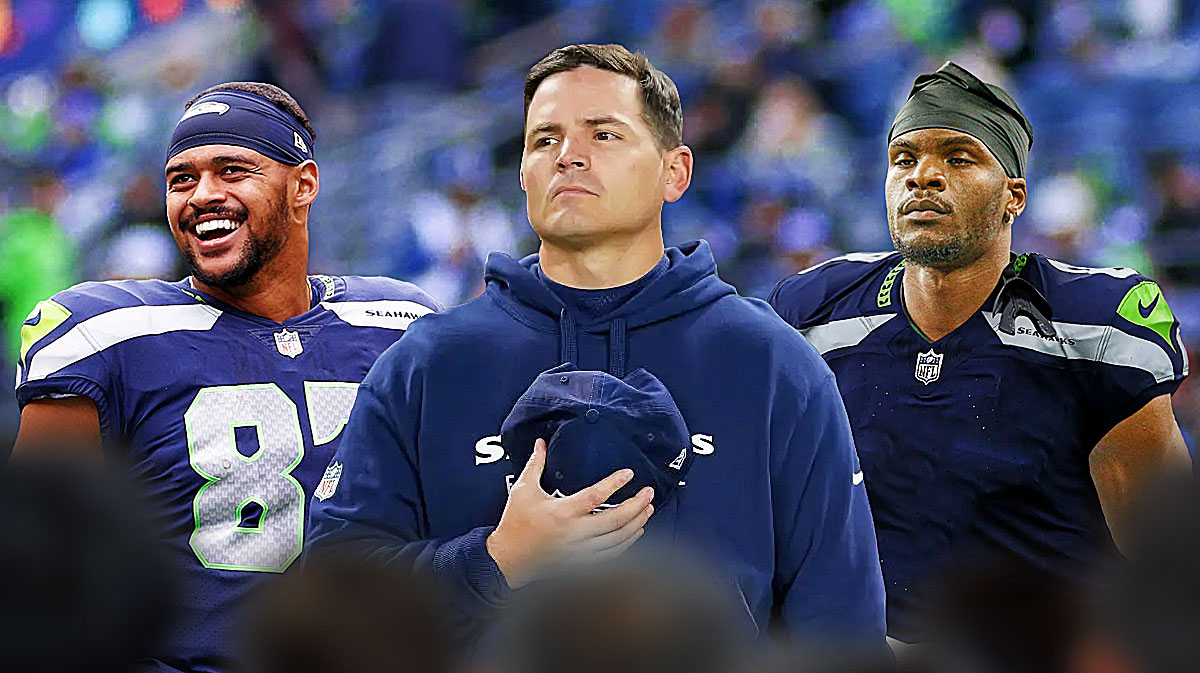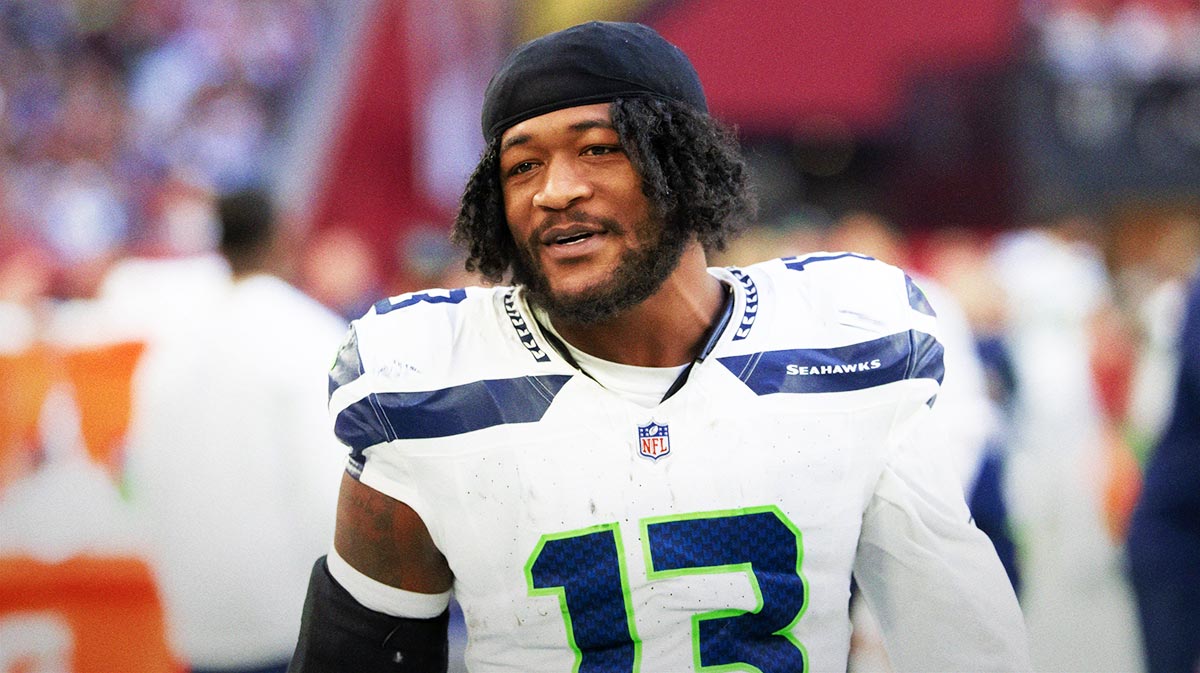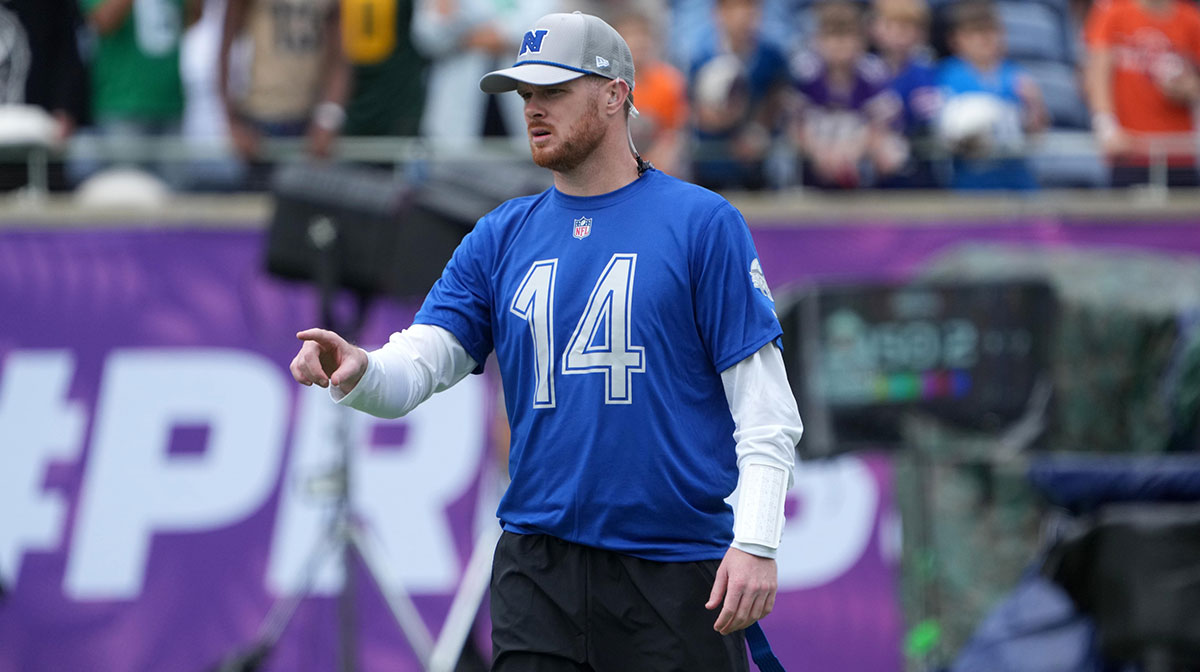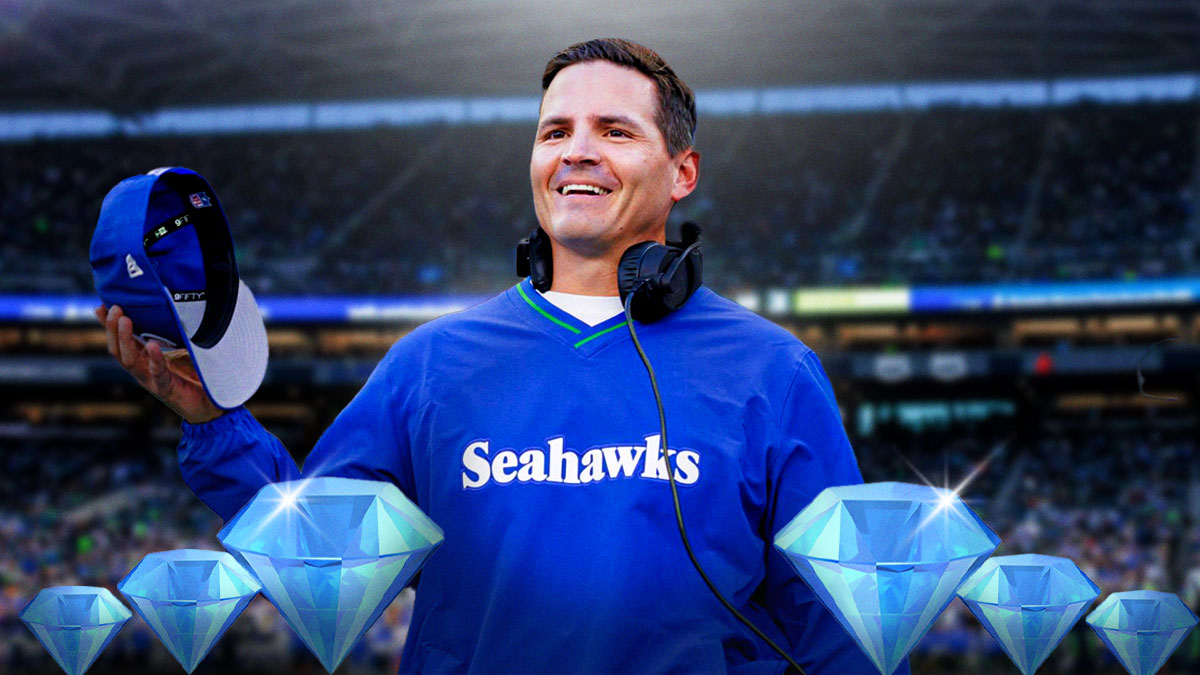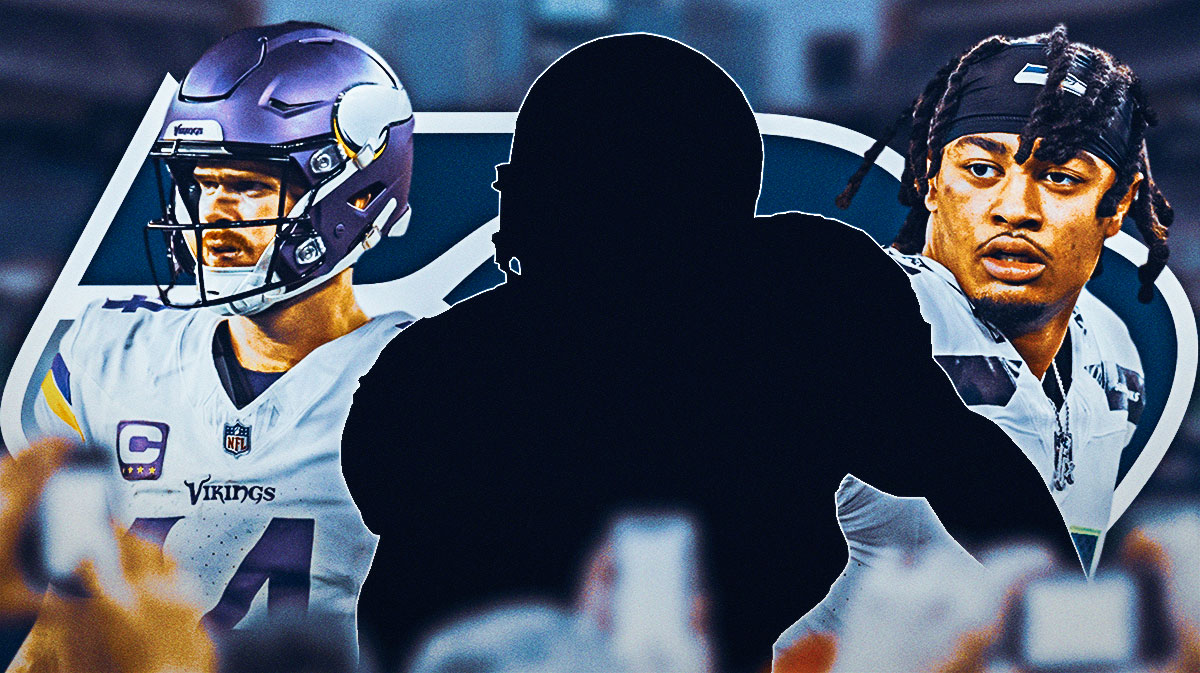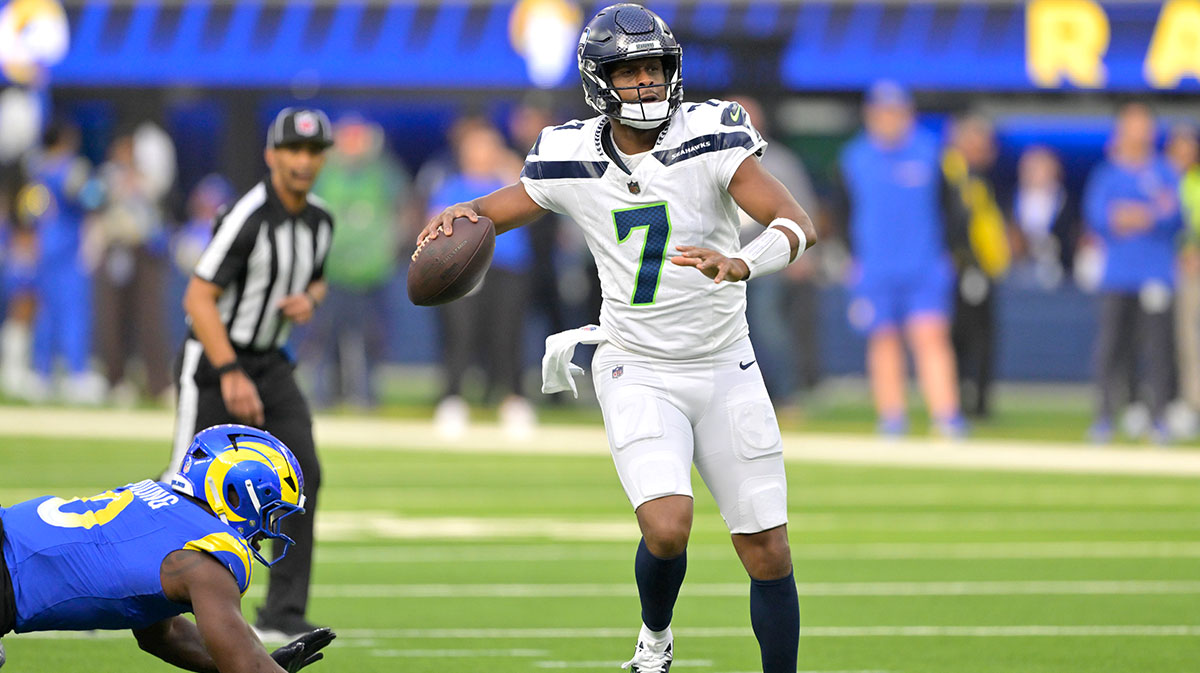The Seattle Seahawks and head coach Pete Carroll needed to make Russell Wilson happier and safer in the 2021 NFL draft. One can make a convincing argument the team and coach did not do everything possible to help their superstar quarterback. On that basis alone, one can reasonably view Seattle's draft as a failure under general manager John Schneider.
Seahawks NFL draft mistakes:
2. Not going all-in on offensive linemen
If the New York Jets could realize that they needed to take offensive players (each of their first four picks) in the 2021 NFL draft, and if the Dallas Cowboys could realize that they needed to take defensive players (each of their first six picks) in the draft, why couldn't the Seahawks have arrived at the realization that they needed to take nothing but offensive linemen in this draft?
It is true that the defense is not a complete product, and that some secondary help was an area of need in the draft. However, the overwhelming priority for this team — by far the biggest and most significant weakness on the roster — was the offensive line. No other flaw is nearly as severe, nor as central to the franchise's problems. The Seahawks needed to find answers in this position group.
Russell Wilson's displeasure with the Seahawks is not a secret. This dissatisfaction was and is an appropriate response by Wilson to the fact that his prime years are not being maximized. The Seahawks haven't been to the NFC Championship Game in six seasons. They have not hosted a divisional playoff game in that same six-year span. They flamed out early in last season's playoffs against the Rams with a pitiful offensive performance. The weak offensive line is at the heart of all these stumbles.
The Seahawks have been admirably consistent in making the playoffs — few NFL teams over the past seven years have been as reliable as Seattle in reaching the postseason, so in some ways this franchise is still achieving well — but wasting Wilson's gifts by not giving him a good offensive line is clearly squandering a golden chance to make even more Super Bowls.
The Seahawks needed to take as many offensive linemen as possible, the thought process being that even if two didn't pan out, one would… which would give Russ one more good lineman and protector than he had heading into the draft. The refusal to focus entirely on this one position group was a mistake.
That said, one pick stood out as a worse error in judgment, compared to the inability to tackle this NFL draft through the prism of one position group.
1. Not taking Oklahoma center Creed Humphrey at No. 56
The Seahawks' unwillingness to draft offensive linemen with every pick in the 2021 NFL draft was bad. That said, the unwillingness to take Oklahoma Sooners center Creed Humphrey — when he was on the board at No. 56 in the second round — is an even worse mistake.
Creed Humphrey was the anchor of Oklahoma's offensive line in recent years. He played for an elite offensive coach, Lincoln Riley, and protected immensely talented and mobile quarterbacks: Kyler Murray in 2018, Jalen Hurts in 2019, and Spencer Rattler in 2020. Murray won the Heisman and was a No. 1 draft pick. Hurts was a second-round quarterback who became a starter in his first season. Rattler could be a first-round pick in the 2022 draft. Oklahoma won the Big 12 championship in all three seasons. Humphrey was named Big 12 Offensive Lineman of the Year in 2019 and 2020.
The bottom line: Creed Humphrey wins. He protects his quarterbacks. He makes his offensive lines better. The Seahawks could have given Russell Wilson an elite center, and instead opted for a receiver, D'Wayne Eskridge of Western Michigan.
Yes, Eskridge looks like a fast and skilled receiver who can help Russ, but the real help Russ needed was up front, not on the perimeter. The Seahawks did not go all-out to improve their offensive line. Therefore, their draft fell short of what it needed to achieve.

